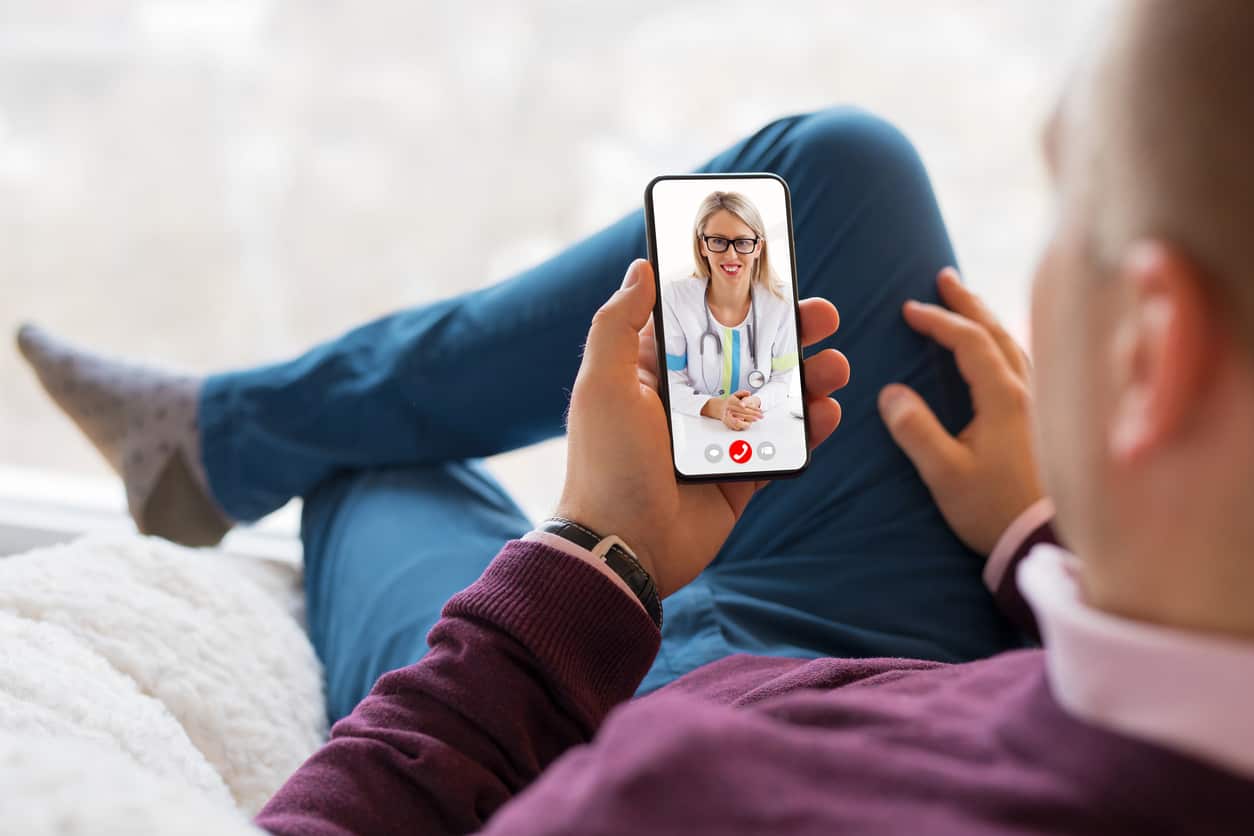The global Digital Health market (which includes Healthtech) is currently valued at $268B with an expected CAGR of nearly 25%. Digital health is poised to become a $660B industry by 2025. An interesting highlight is McKinsey finding that before COVID-19, around 11% of US consumers were using telehealth appointments; that number has since risen sharply to 46%, manifesting a change in user behavior that, according to experts, is here not just to stay, but to expand.
Last week, Amazon acquired One Medical, a primary care clinics operator, for $3.9B expanding their business into the healthcare delivery space. Together with Amazon's previous purchase of Iora Health, it makes clear a serious commitment to the large Medicare market, touting a “human-centered and technology-powered approach,” according to Neil Lindsay - Amazon Senior VP.
Diving into One Medical
One Medical is a subscription-based primary care provider that leans into technology to provide in-person, digital and virtual care services, and operates approximately 200 primary care offices across the U.S.. For an annual fee of $199, patients can use the One Medical app and website to book appointments, track health records, renew prescriptions, and access on-demand video health consultations.
Additionally, this acquisition helps Amazon create a widespread national network and geographically positions the firm to unify its in-person and virtual care efforts as One Medical is headquartered in San Francisco and operates in 25 markets nationwide, including major metro areas like Boston, Chicago, Atlanta, Los Angeles, New York and the District of Columbia.
Amazon’s strategy
In the past half-decade or so, Amazon has broadened its empire from online retail to entertainment, groceries and more, reaching deep into the lives of consumers in the process. Amazon agreed to buy grocery chain Whole Foods in 2017 for $13.7B and, earlier this year, closed a $8.5B deal to buy iconic Hollywood movie studio MGM.
"Healthcare is high on the list of experiences that need reinvention,” Lindsay stated. The One Medical acquisition would be one of the largest in Amazon's history and would help it gain access to physical health clinics and "payer and hospital system relationships," according to Evercore ISI analyst Elizabeth Anderson.
This acquisition has the potential to strengthen the eCommerce giant's footprint in the medical sector; however, it is relevant to mention that Amazon has ventured into this space before, with no significant impact. Although there is already a great deal of enthusiasm in this initiative’s results, there are concerns specialists are seeing, as friction points in the development of Amazon’s expansion strategy.
Friction points
There have been some concerns about the deal triggering antitrust scrutiny. Traditionally, antitrust regulators have closely scrutinized mergers that might eliminate a competitor from within the same market, but have rarely objected to deals where one company acquires its way into an adjacent industry.
Although Amazon's latest deal may not raise red flags under a traditional antitrust rubric, the announcement comes as officials at the Federal Trade Commission (FTC), the Justice Department, and Congress have sounded a tougher note on large tech platforms, vowing to get more creative—and aggressive—about enforcing competition law. Some U.S. lawmakers are urgently pushing to pass a bill that could erect new barriers between tech giants' various lines of business, preventing them from using their massive scale in multiple verticals as a force multiplier that critics say harms competition.
There were also concerns regarding health data privacy and management. After the deal was announced, some tech industry critics raised concerns about the sensitive health data to which the company could gain access.
"Amazon having backdoor access to private health care data is frankly a terrifying thought and calls into focus how desperately Congress needs to pass antitrust reform to prevent these tech giants from abusing their monopoly power," Sacha Haworth, executive director of the Tech Oversight Project advocacy group, told CNN Business in a statement.
Amazon’s conglomerate
Amazon Care’s health services coverage is expansive across: diagnostics, prescription delivery, pharmacy, wearables and in-person and in-home healthcare. While none of these areas touched by Amazon Care has not yet significantly improved on traditional pricing or experiences, it is threatening to edge out its retail pharmacy and BigTech competitors.
With Amazon’s former health sector initiatives, the firm is on track to boost a conglomerate that already includes:
- Amazon Care—which also involves a network of clinics it operates for Amazon staff with Crossover Health
- Amazon Pharmacy—built from its PillPack acquisition
- Amazon Halo—covering fitness trackers
ZDNet suggested that, given Amazon's strengths in hardware, as well as its vast computing and analytics resources through AWS, it could help Amazon Care in managing one of the biggest healthcare challenges globally: chronic diseases.
Sources: Washington Post, The Guardian, Axios, CNN






